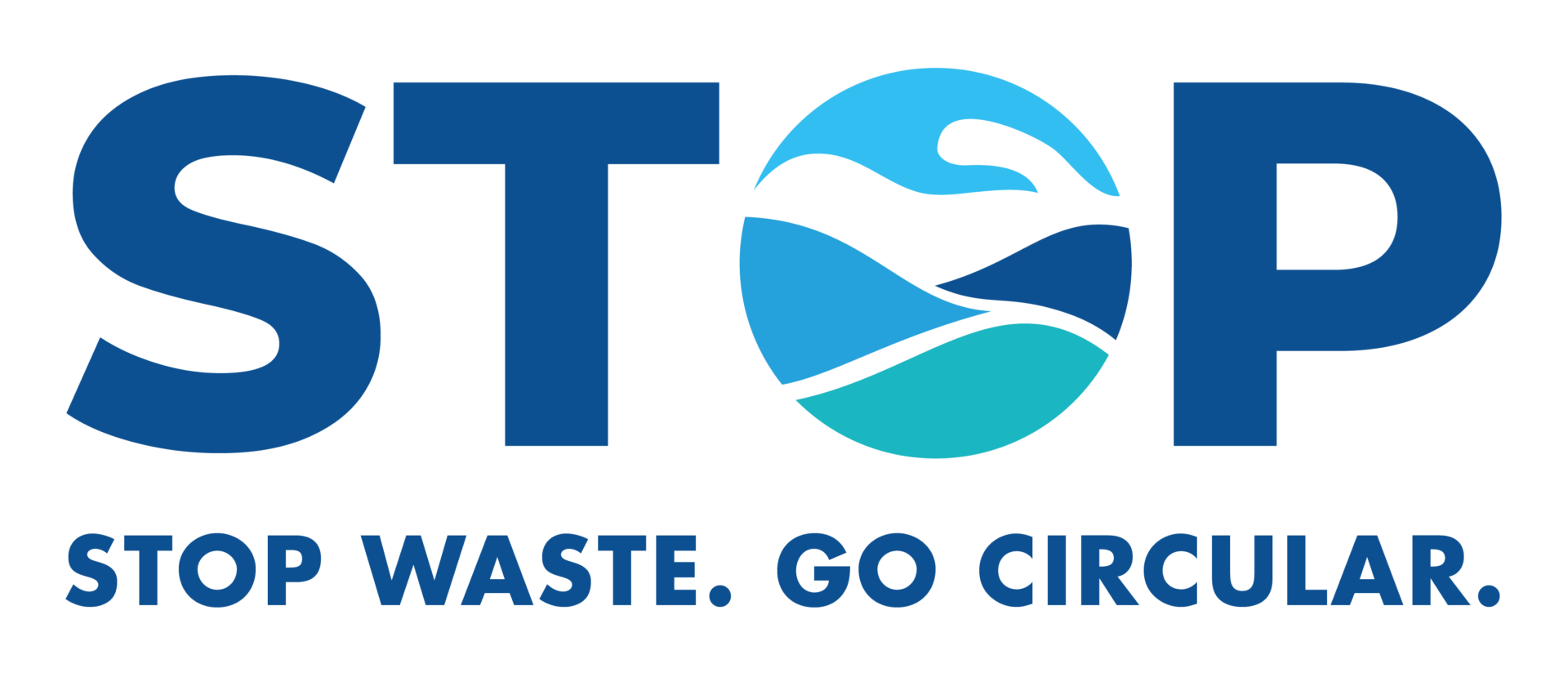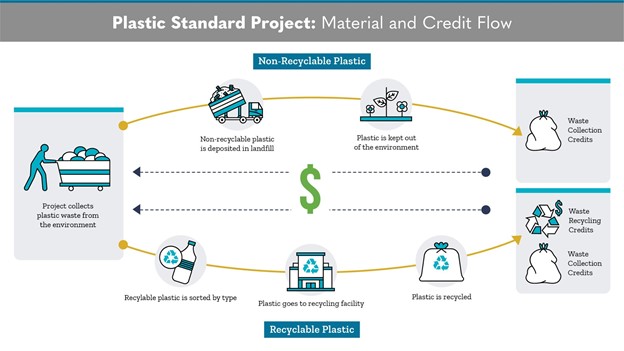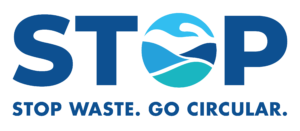Solving the plastic pollution crisis in Indonesia and accelerating the country’s transition to a circular economy is only possible if plastic in the environment can be recovered at scale. This in turn requires private funding to build waste management infrastructure and establish waste collection and recycling services. A harmonised Plastic Credits market can help countries like Indonesia bridge this financing gap and encourage new collection systems that are otherwise uneconomic.
Plastic Credits are a compelling nascent financial instrument to incentivise both the removal of plastic from the environment as well as the recycling of plastic into new products and packaging. The idea behind plastic credits is to create a market-based solution that enables private sector companies to invest in waste management collection and recycling programmes in a transparent, performance-driven way. Plastic Credits can also provide companies who aim to reach plastic reduction targets with an independent audited verification system.
What are Plastic Credits?
Plastic credits are typically sold by organisations that collect and recycle plastic waste, and companies can buy these credits to offset their own plastic use. By purchasing plastic credits, companies can support the recycling of plastic waste and fund waste management programs.
The system was developed to measure, finance, and “credit” new activities that recover and/or recycle plastic above baseline rates, ensuring the new activities provide incremental results in reducing environmental plastic leakage. One Plastic Credit represents one tonne of plastic waste that has been collected or recycled by a new project or activity and that would otherwise have leaked into the environment.




